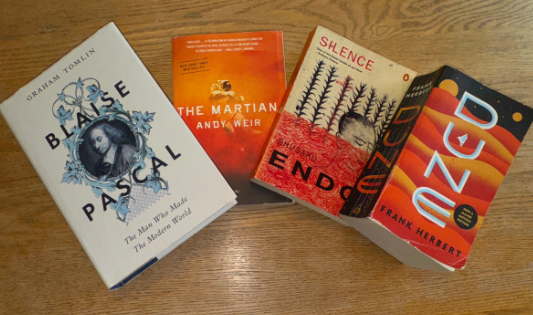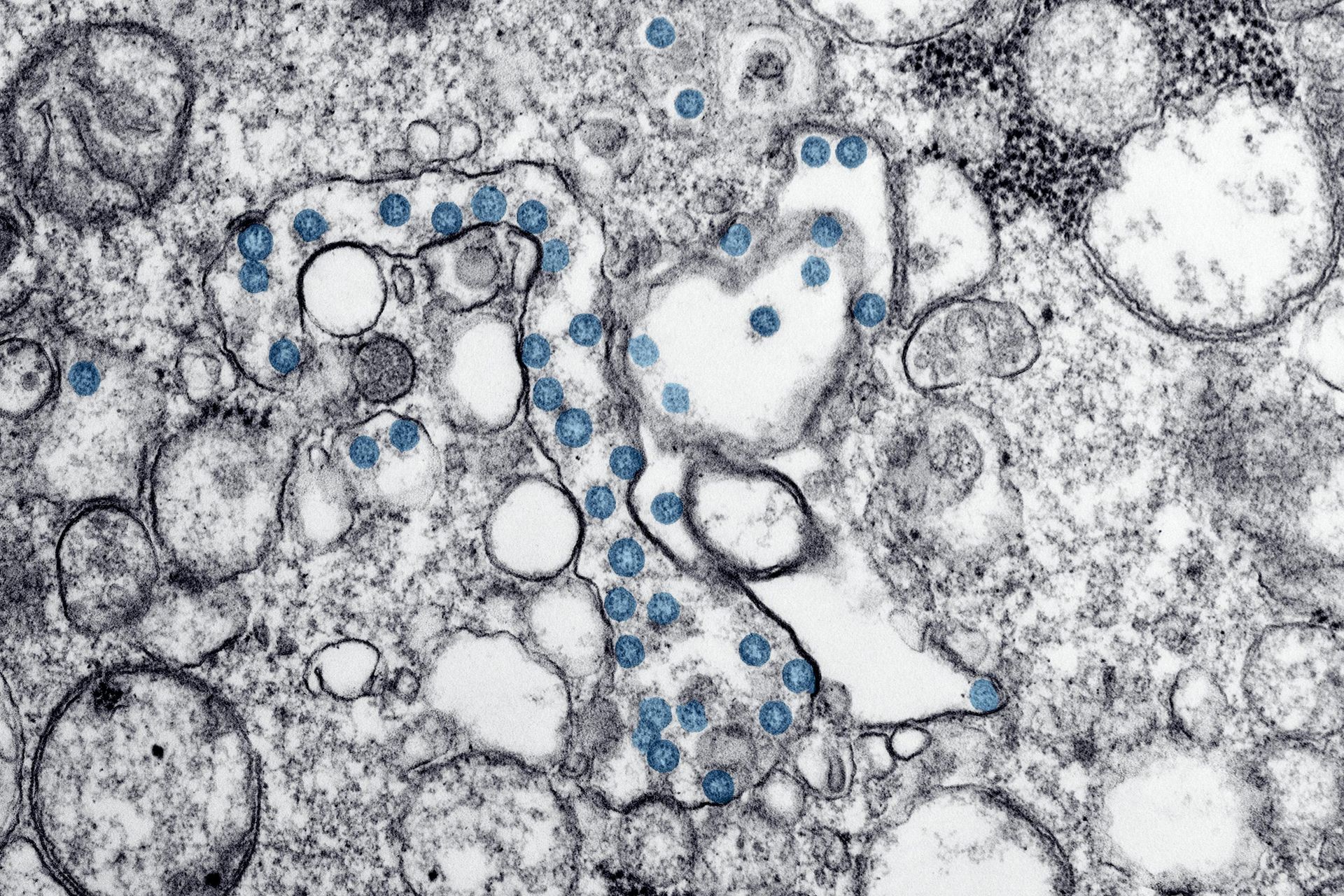Exciting research news in auto-immune disease research

Blog vol 3. 38. Exciting research news in auto-immune disease research
A breakthrough in the prevention of Type 1 Diabetes (T1D) was highlighted in the latest issue of Nature. Excitingly, these findings may also apply to other auto-immune disease treatments. Since we care for eyes and vision at Burlington Eyecare, we are always interested in improvements in the treatment of diseases like diabetes, rheumatoid arthritis, and multiple sclerosis.
Ever since the discovery of insulin by Banting and Best, researchers have been working on a way to prevent diabetes. Let’s prevent the islet cells of the pancreas from getting destroyed so the patient’s own body can keep on producing its own insulin, good plan, but how?
Monoclonal antibodies as a treatment have been around for some time. Their strength is their specificity. They are developed to attack or inhibit one point in an enzymatic chain reaction or to work on specific cells. In T1D the body’s own T Lymphocytes attack its own islet cells causing irreparable damage.
Along comes teplizumab, a treatment antibody. Clinical studies using teplizumab (2011 to 2018) show a number of T1D patients having their disease slowed or even halted. The drug is injected over a two-week period and causes the targeted T cells to exhaust themselves. The USDA has approved the drug for the treatment of Stage 2 of T1D which is early in the development of the disease when the blood sugar is affected but no real symptoms are presenting.
Some of the treated patients have been diabetes-free for over 6 years. There are issues with the treatment. It is very expensive, in the range of US $190,000 for one treatment. It requires an early screening process that is not yet developed; early treatment is crucial. For the study patients, siblings, or other family members were previously diagnosed. A problem is that most cases of T1D are not genetically linked. (Read the issue of Nature here)
This new therapy does suggest other possibilities. One researcher is developing an antibody that is even more specific to these problem T cells. The model used in T1D research is being applied to diseases like rheumatoid arthritis and multiple sclerosis.
It is a promising start, there is much potential in this line of research. The commitment to this painstaking work is wonderful and very hopeful.
til next week,
the good doctor






